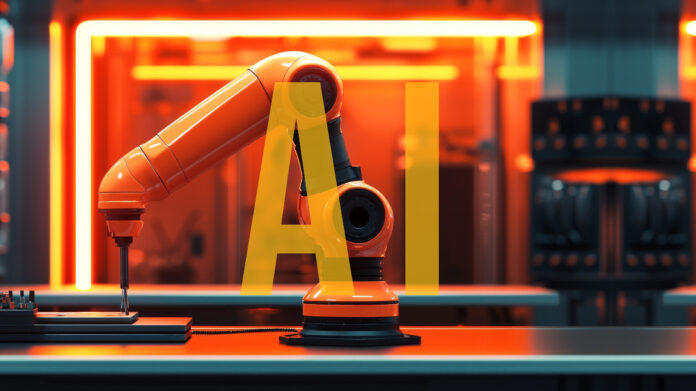Across industries and continents, enterprise AI is no longer an abstract ambition but a physical, operational, and financial reality. From automotive plants to hospitals, banks, and burger chains, organisations are investing billions to insert AI into every layer of their businesses – in data centres, production lines, customer platforms, and R&D hubs.
The phrase “AI factory” is no longer a metaphor; it describes a new class of infrastructure purpose-built for training and deploying models that drive automation, decision-making, and innovation. The below round-up of 10 enterprise AI projects explores how AI infrastructure is being deployed, scaled, and industrialised in the enterprise sector.
Volkswagen’s €1 billion “no process without AI” initiative signals how manufacturing will be retooled for intelligence. Gilead’s $32 billion AI-geared labs show the pharmaceutical industry’s shift to data-driven discovery. Mayo Clinic’s use of Nvidia’s Blackwell infrastructure demonstrates how healthcare is creating AI foundations for precision medicine.
Meanwhile, Air France-KLM’s “gen AI factory” on Google Cloud, and NatWest’s five-year AI deal with AWS and Accenture, mark the next phase of digital transformation in transport and finance. Even fast food and sport are part of the movement. McDonald’s is rolling out AI and IoT-powered “smart kitchens,” while SailGP’s racing catamarans function as mobile IoT-AI platforms.
In India, Dixon Technologies is building 24 AI-enabled factories; in Poland, Orlen is launching Central Europe’s largest AI transformation with Microsoft. The message across in these stories is clear: enterprise AI is becoming embedded in the world’s industrial and digital infrastructure – in the public cloud and at the private edge.
AI workloads will shape the next phase of global productivity – where process, product, and platform are all powered by intelligence.
“No process without AI” – Volkswagen gears-up €1bn industrial AI drive
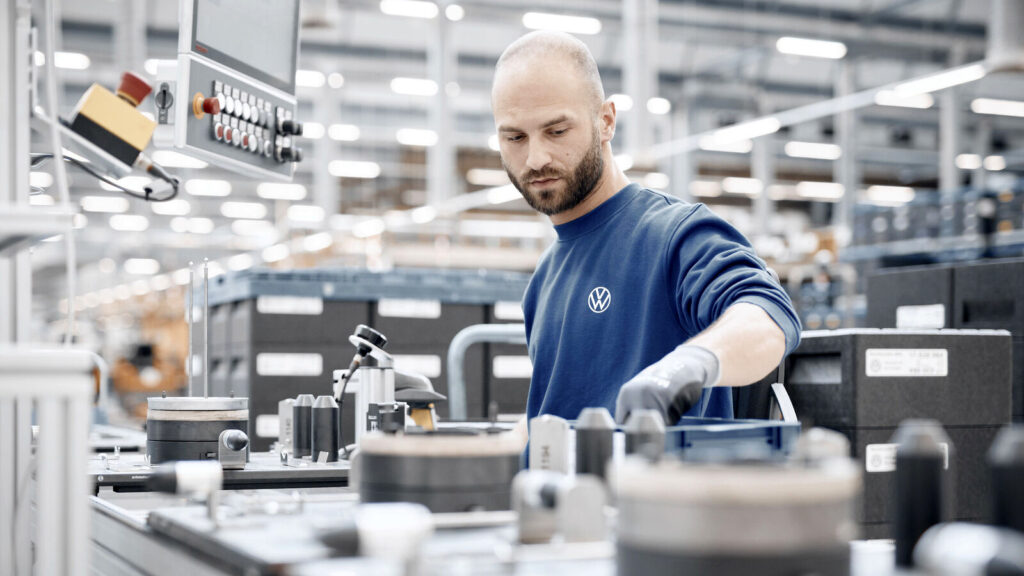
Volkswagen will invest €1bn in AI by 2030 to transform vehicle development, production, and IT. It is targeting €4bn savings, 25% faster innovation cycles, digital sovereignty in Europe, and “AI everywhere”.
In sum – what to know:
Billion-dollar AI drive – VW targets “no process without AI” to transform design, production, logistics, and IT.
Bigger industrial gains – 1,200+ AI production apps deployed; €4bn savings and 25% faster production targeted.
Sovereignty and support – push for digital sovereignty in Europe; request for AI-friendly support and regulation.
German automaker Volkswagen Group is to invest €1 billion ($1.17bn) by 2030 in AI-related industrial technologies to boost vehicle development, industrial applications, and IT infrastructure. It made the announcement at the IAA Mobility trade fair in Munich in September, with an AI-rules kind of message about its future Industry 4.0 strategy: “no process without AI”, it said. The firm reckons it will save €4 billion by 2035 from efficiency gains and cost avoidance through “consistent and scalable use of AI” across its entire “value chain”.
Gilead Sciences sets $32bn plan for AI-geared pharma factories in the US
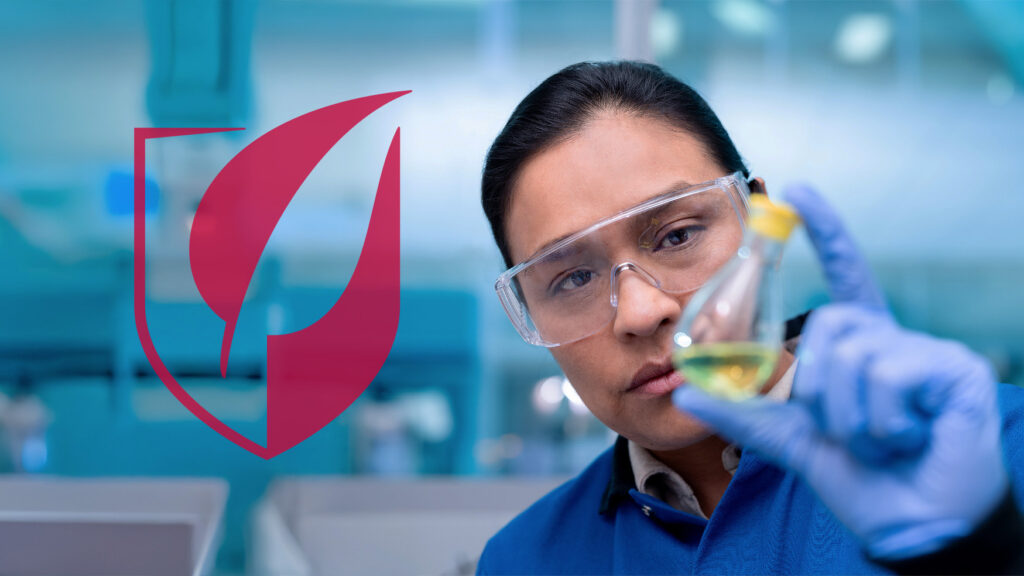
Gilead Sciences is building an AI-enabled lab in Foster City, California, as the first part of a $32bn investment scheme that includes a number of new high-tech Industry 4.0 constructions.
In sum – what to know:
AI-enabled lab – pharma firmGilead Sciences is building a five-storey, 182,000 sq ft AI research hub in California.
$32bn investment – the facility is part of a five-year investment plan spanning new and refurbished facilities.
Economic impact – value creation is expected to top $43bn through capital investment and jobs.
US pharmaceuticals firm Gilead Sciences is building an AI factory at its headquarters in Foster City, California. The diggers are in, as of last week, and the facility will open in 2026 as a new ‘technical development centre’ for research of oncology and inflammation drugs. “Everything from autonomous robots to augmented reality and digital twins will be part of the centre,” it said in a statement. The project is part of a $32 billion investment plan in its home market.
Big Mac with AI (and a side order of IoT) – digitizing the Golden Arches

McDonald’s is digitizing operations with Google Cloud through AI, IoT, and cloud platforms, enhancing restaurant efficiency, streamlining corporate systems, and boosting customer engagement.
In sum – what to know:
Restaurant platform – new AI and IoT kitchens are going live, globally; supported by Google Cloud.
Corporate platform – legacy corporate IT systems are being consolidated into cloud-based tools.
Customer platform – loyalty programs, web ordering, geofence alerts to cut wait times, strengthen brand.
A quick take-away bite about digital change: US-based fast-food burger chain McDonald’s says it is deploying IoT sensing and AI sense-making solutions at the edge to improve restaurant performance and in the cloud to help streamline its corporate affairs. It is also increasing its digital engagement with customers – in terms of marketing rewards, but also to open new web retail channels and, more interestingly, to reduce wait times. It has served this up as a three-’platform’ change strategy, internally branded as ‘Digitizing the Arches’, across its physical outlets (‘restaurant platform’), online channels (‘customer platform’), and business operations (‘company platform’).
The fastest private 5G, the flashiest IoT – SailGP’s high-octane tech story

SailGP’s F50 catamarans capture video and telemetry data which is transmitted on private 5G at a dozen race stops around the world, and delivered to a central cloud operated by Oracle in London.
In sum – what to know:
Sailing tech – SailGP’s IoT-connected F50s produce 360,000 data points per second for race-day analysis.
Digital backbone – Oracle’s cloud handles all data in London; Ericsson’s 5G provides boat-to-shore comms.
Sports coverage – remote production reduces staff, travel, and costs, and sets a new standard for live sports.
Seafaring tech is everywhere at Portsmouth dockyard, of course: from the high-castled design flaws in the 16th century Tudor carrack Mary Rose, to the 32-pound guns and mixed-timber hull of the 18th century warship HMS Victory, to the iron-cladding of the 19th century steam-powered frigate HMS Warrior. From a distance, you might even get a look at a big naval destroyer, heading home or heading off. A couple of months back, RCR Wireless joined a media tour of cutting-edge seafaring tech of the non-military racing kind: a dozen F50 catamarans, being fitted together and hoisted into the Solent for the UK leg of the international SailGP competition. These must be the biggest and most expensive IoT devices in the world, said someone on the dockside.
Mayo Clinic taps Nvidia for AI infra to build AI domain models, practices
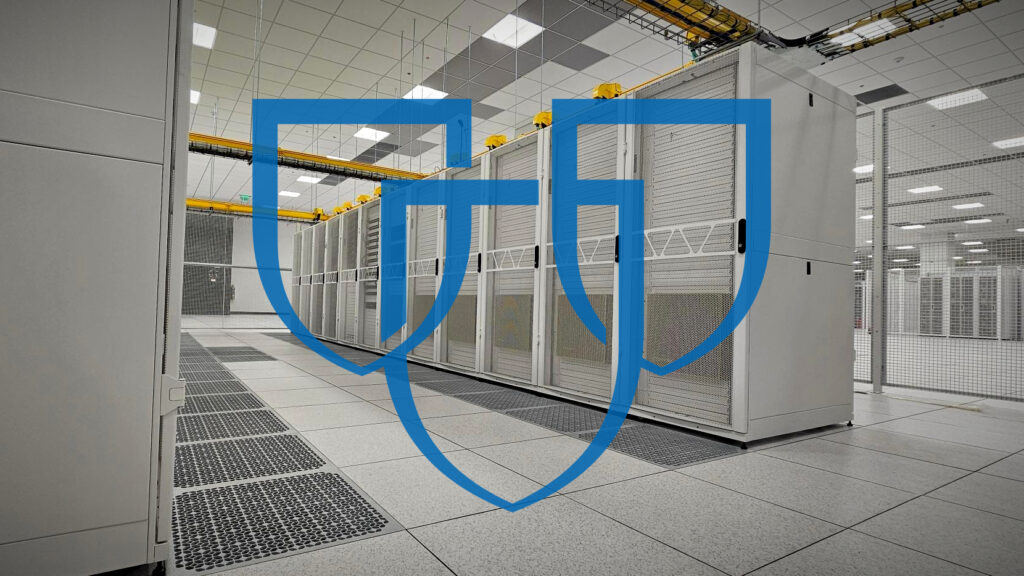
Mayo Clinic has deployed Nvidia’s Blackwell servers and platform to build scalable AI infrastructure for multimodal and generative foundation models in pathology, drug discovery, and precision medicine.
In sum – what to know:
Data centre – new AI data centre uses Nvidia infra to build foundation models and accelerate clinical AI.
Domain model – new Atlas model has been trained on 1.2m pathology slides; Mayo Clinic has 20m available.
Digital innovation – strategy to drive pathology, drug discovery, and precision medicine for better patient outcomes.
US private medical centre Mayo Clinic has kitted out a new AI data centre based on Nvidia compute systems in order to train and deploy large domain-specific foundation models, including multimodal and generative AI, for clinical applications, including pathology, drug discovery, and precision medicine. It has taken Nvidia’s Blackwell-chip based AI infrastructure, specifically an unspecified number of DGX B200 servers, together with its DGX SuperPOD platform to string its DGX systems together as a tightly-integrated and scalable AI compute cluster.
Air France-KLM taps Accenture for industrial AI on Google Cloud
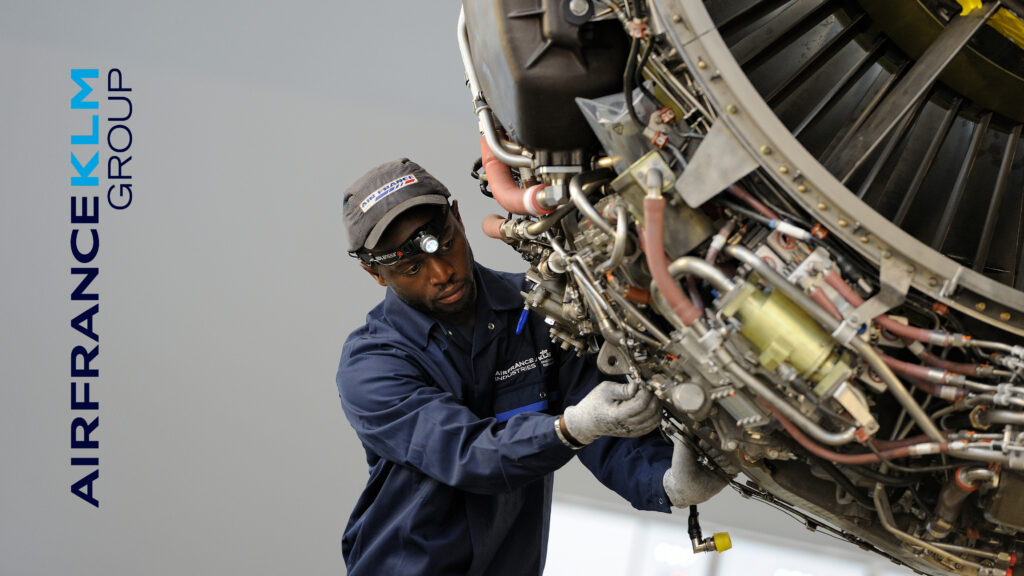
European airline group Air France-KLM has partnered is building a ‘generative AI factory’ to scale AI across operations using cloud infrastructure.
In sum – what to know:
Cloud migration – to identify AI use cases and scale AI usage across Air France-KLM operations.
Aircraft maintenance – early AI success, already, in the Air France-KLM, plus in customer service.
Digital change – for faster innovation; Accenture has expanded its US tech transformation business besides.
French-Dutch multinational airline company Air France-KLM has appointed Accenture and Google Cloud as part of a “multi-year” project to build a ‘generative AI (gen AI) factory’ as a “cloud-based framework” to identify AI use cases and scale AI usage across the group. It will be based on Google’s cloud infrastructure. Accenture will lead the consultancy and co-creation work to develop, test, and manage a tailored catalogue of pre-evaluated AI use cases – in the broadest sense. The focus is also on machine learning models and agentic AI systems.
Disney, Foxconn, Hyundai, Lilly, Siemens, others – all-in on new Nvidia AI platform
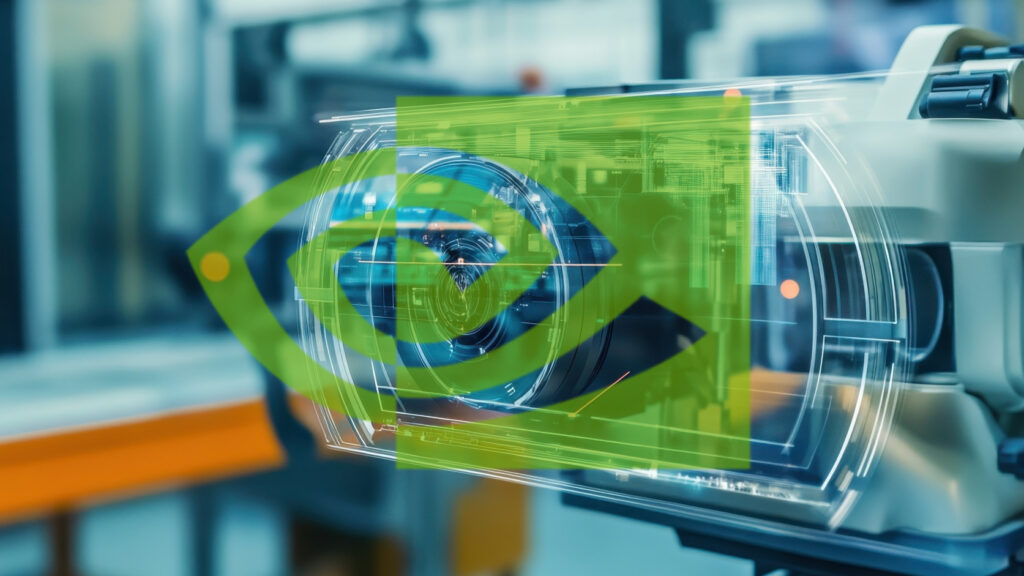
Various major enterprises have deployed Nvidia’s new RTX Pro server platform to transform old computing clusters into AI factories; CoreWeave and Google Cloud are deploying in regional hubs.
In sum – what to know:
Enterprise adoption – by Disney, Foxconn, Hitachi, Hyundai, Lilly, SAP, TSMC (and others) for industrial operations.
AI infrastructure – new Nvidia server platform speeds agentic AI, reasoning, simulations, and industrial automation.
Flexible deployment – supports on-prem edge and regional cloud AI deployments; support from big cloud firms.
Disney, Foxconn, Hitachi, Hyundai Motor Group, Lilly, SAP, and TSMC, among others, are taking Nvidia’s new RTX Pro enterprise servers to reformat general-purpose computing clusters as “AI factory infrastructure” in order to support high-end agentic and physical AI workloads. The new infrastructure, geared for both dedicated edge-based data centres and regional cloud-based platforms, affords enterprises a way to get on the accelerating AI bandwagon “without a complete data centre overhaul”, the chip firm said. The RTX Pro series is based on Nvidia’s RTX Pro 6000 Blackwell Server Edition GPUs for their core computing hardware.
NatWest banks on AWS and Accenture to drive five-year AI overhaul
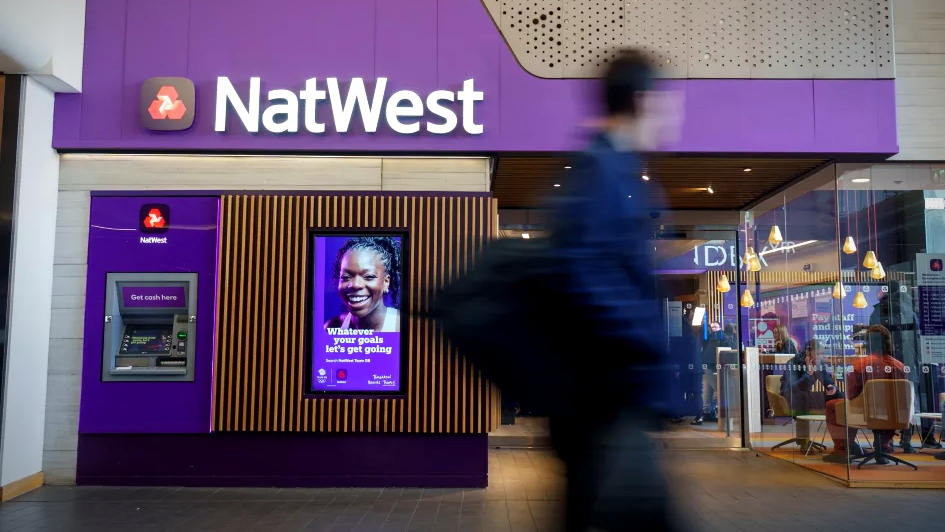
NatWest has signed a five-year deal with AWS and Accenture to unify and modernise its data systems using AI, aiming to simplify operations, personalise services, and improve security and compliance.
In sum – what to know:
Architecture – AWS and Accenture will build a new AI cloud platform to simplify NatWest’s bank-wide operations.
Application – OpenAI partnership is delivering chatbot upgrades and AI-driven service, and higher satisfaction.
Customers – 80% of customers bank digitally; AI is already helping with fraud, onboarding, analytics, productivity.
British banking firm NatWest Group has signed a five-year deal with AWS and Accenture to clean and organise its data, and make it available in a single data platform in the cloud to run through AI analytics engines to streamline business operations, personalise customer services, and improve security checks and regulatory reporting. Training of banking staff in AI, and sundry digital matters, is covered, as well. There is no word on the value of the deal.
Dixon Tech picks Tech Mahindra for big AI Industry 4.0 project at 24 factories in India
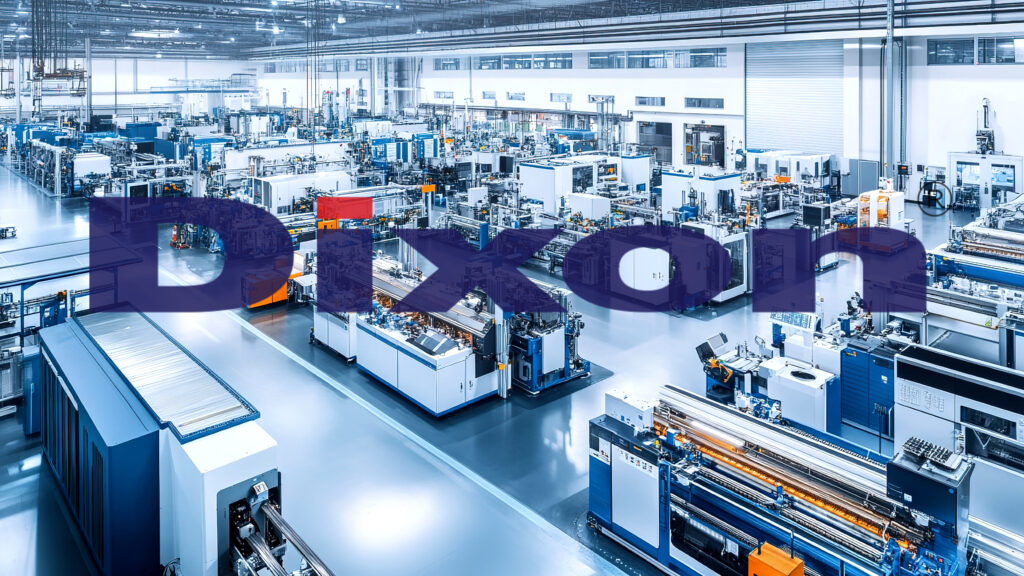
Leading contract manufacturer, Dixon Technologies, has picked Tech Mahindra to deliver an AI-powered Industry 4.0 transformation across 24 manufacturing plants and six R&D centres in India.
In sum – what to know
Prime partner – Tech Mahindra to lead digital change across 24 production plants in India for contract manufacturing giant Dixon Technologies
Initial phase – covers consultancy and design to eliminate data silos, integrate tech, update legacy gear, and create a smarter digital environment.
Final vision – aims to set benchmark for AI-driven manufacturing; future integration of private 5G and edge computing may be on the cards.
India-based system integrator Tech Mahindra has been appointed by Indian contract manufacturing company Dixon Technologies to set it on a road to “AI-powered Industry 4.0 automation” across all of its manufacturing plants and research and development (R&D) centres in India. The firm has 24 manufacturing facilities and six R&D sites. It also claims to have 35,000 staff, $4.5 billion in operating revenue, and an OEM client list stretching to 100-odd “global brands”. So says its website; a press note called it “one of India’s largest contract manufacturers”.
Central Europe’s ‘largest’ AI project – Orlen taps Microsoft for $105bn transformation
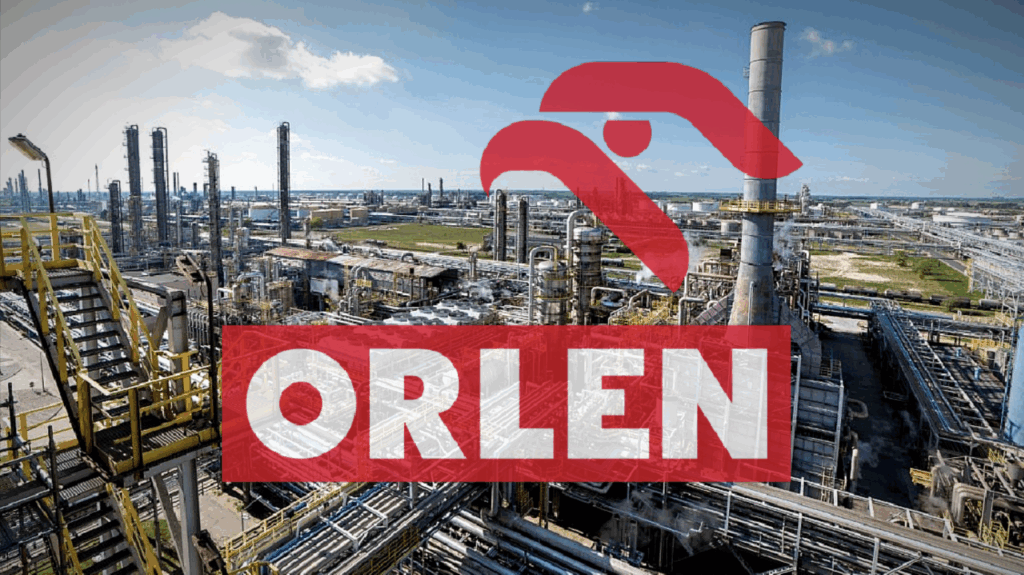
Polish energy giant Orlen is partnering with Microsoft on central Europe’s largest AI rollout, spanning cybersecurity, operations, and workforce efficiency, anchored by a new AI centre for experimentation and training.
In sum – what to know:
Microsoft collaboration – Orlen’s work with the US cloud giant covers Copilot licences, cloud services, and a staff training hub for real-world AI applications.
Digital transformation – the initiative supports Orlen’s $105bn digital change plan, targeting energy security and operational efficiency across 200+ ‘companies’.
5G/AI integration – the new project builds on earlier Industry 4.0 efforts, including private 5G trials with Siemens for industrial automation and cybersecurity.
Polish multinational oil and gas firm Orlen is working with Microsoft on the “largest AI implementation in central Europe”. The scope of work covers cybersecurity, production processes, data analysis, and staff efficiency. The arrangement with Microsoft, which has not been publicly valued, covers software licences (for Microsoft Copilot, for starters), joint workshops, and a new AI centre for training staff and developing projects. The latter will establish the AI centre as an ‘ incubator’ for AI experimentation and implementation, focused on “real business value”.

